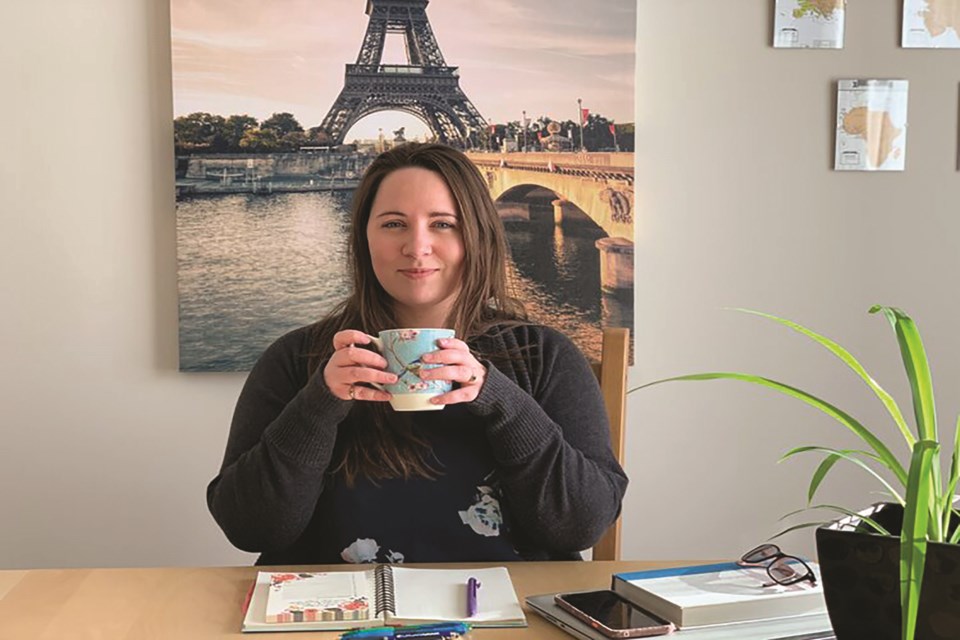Does a new year mean a new you?
Turning the calendar over to a new year often brings more than champagne and party hats – the desire for self-improvement encompasses the lives of many as the holidays end and reality returns.
Tia Bell, a registered social worker, personal development coach and owner of Unscripted Co., from Okotoks, Alberta said that January often brings with it the desire for a fresh start.
“We get really excited about the possibility of something new,” she said. “It’s usually the new year or September when kids go back to school. Those reset, refresh moments is when we usually get inspired to get more intentional about what we’re needing.”
Bell previously worked as a transitional counsellor at a domestic abuse shelter and said that she combines her experience as a social worker and counsellor to inform her coaching skills.
In recent years, she said she has seen a decline in resolutions as a whole, as well as what would be considered ‘typical’ goals for the new year including going to gym more or losing weight.
“I’m seeing people either not really make resolutions or just essentially making life simpler for themselves and being more intentional,” Bell said. “How do I get what I want in my life and feel successful and feel fulfilled?”
The pandemic may be responsible for a shift in goals, she said, and explained that accounting for things that are out of one’s control when setting goals is an important factor.
“We don’t really account for those moments and that can make us feel like we haven’t succeeded in what we’re looking for,” she said. “So by adjusting our goal setting to things that are more behavioural changes and how you want to have your day fulfilled – it allows for those moments that are outside of your control.”
She recommends setting one to three key intentions to keep it simple and focus on habits that coincide with that goal, rather than the desired end result. It is not realistic to implement multiple drastic changes all at once, which is often instinct, she said.
Goals should also be specific, she said. Making a goal that is attainable requires specificity. She explained, for example, that a goal to improve one’s mental health is too general. Rather, a goal could be to see a counsellor for 10 sessions, she said.

Bell said that when goal-setting, goals should be something that will improve your well being and be enjoyable – forcing yourself to do things you don’t enjoy won’t motivate you.
“Goals should be fun. They should be things that bring you joy rather than a must-do,” she said.
Setting out to try something new can also be a productive goal and allows a person to set intentions without feeling bad if they don’t work out, she said.
“The experimenting reduces judgment or shame,” Bell said. “So, if doesn’t happen, that’s okay.”
Planning it out is the most important part of making attainable goals and the idea is to build habits that contribute to success.
Depending on your goal, there can be apps to track your progress, but Bell advised staying away from applications that send notifications to complete a task, explaining that there has to be a conscious choice to maintain a habit.
She encourages individuals to take note in a calendar – whether on paper or on a device – the tasks completed towards a goal each day. She said that this helps to recognize small wins and recognize patterns when it comes to forming productive habits.
Accountability is also an important part of goal setting, she said. Having a check in can be monumental in seeing progress. Bell suggested doing this with a friend who has the same goals as you to bounce ideas off each other and stay on track.
We usually overthink the best ways to implement our goals, Bell said, and at the end of the day, simple is better.
“Essentially, to make things work, you need to be able to find ways to think less,” she said.



